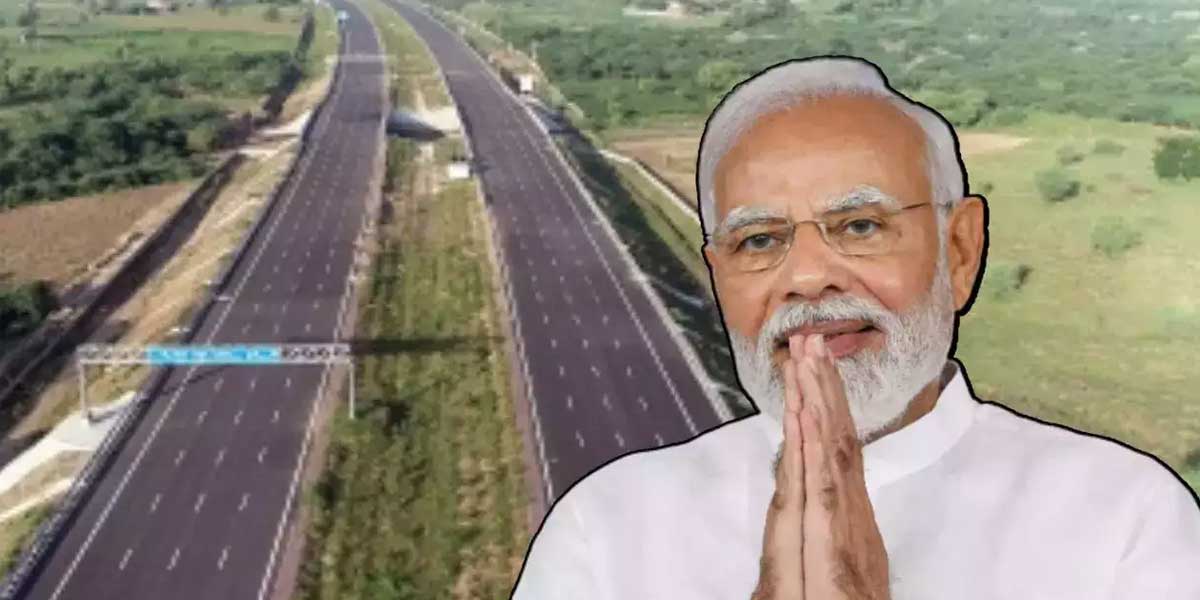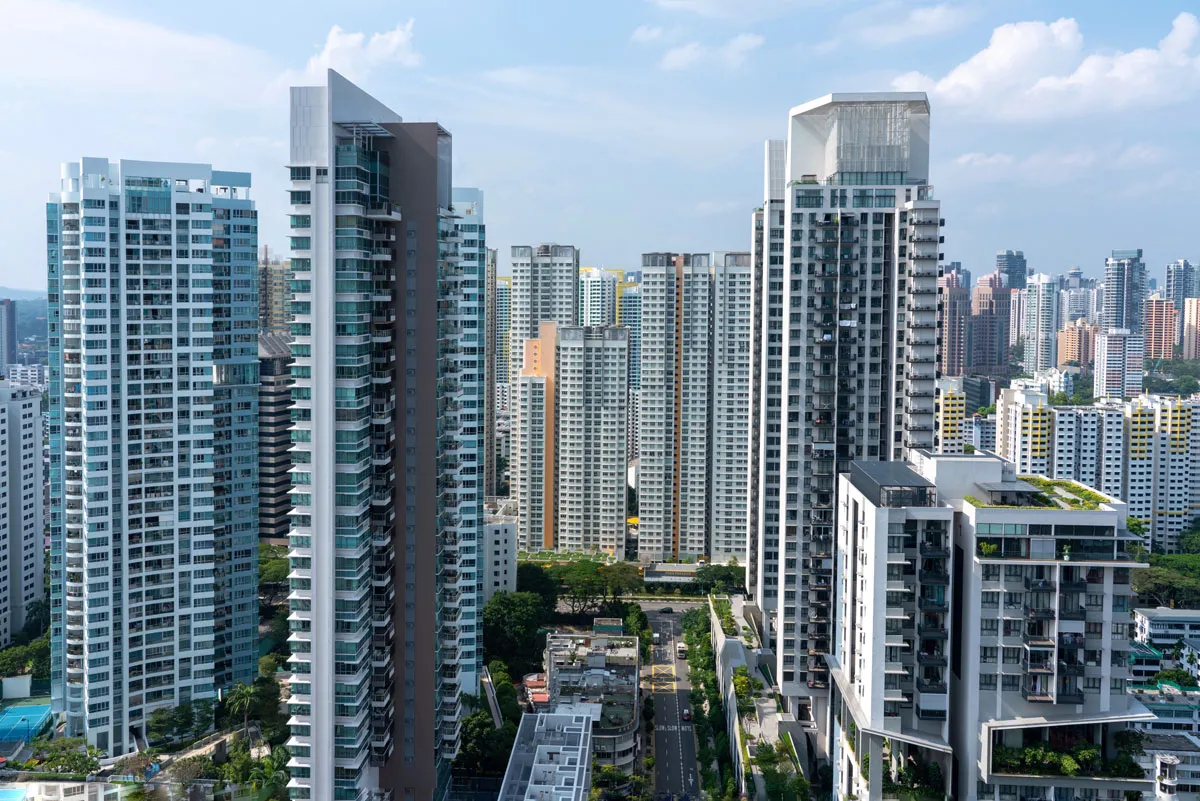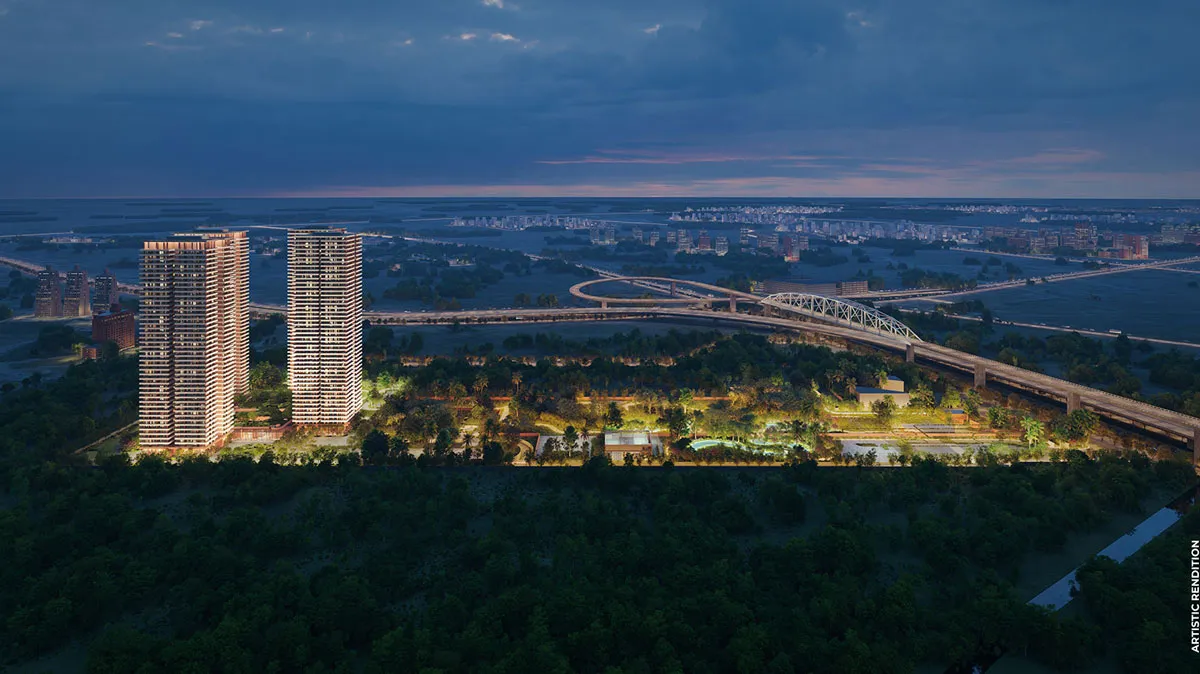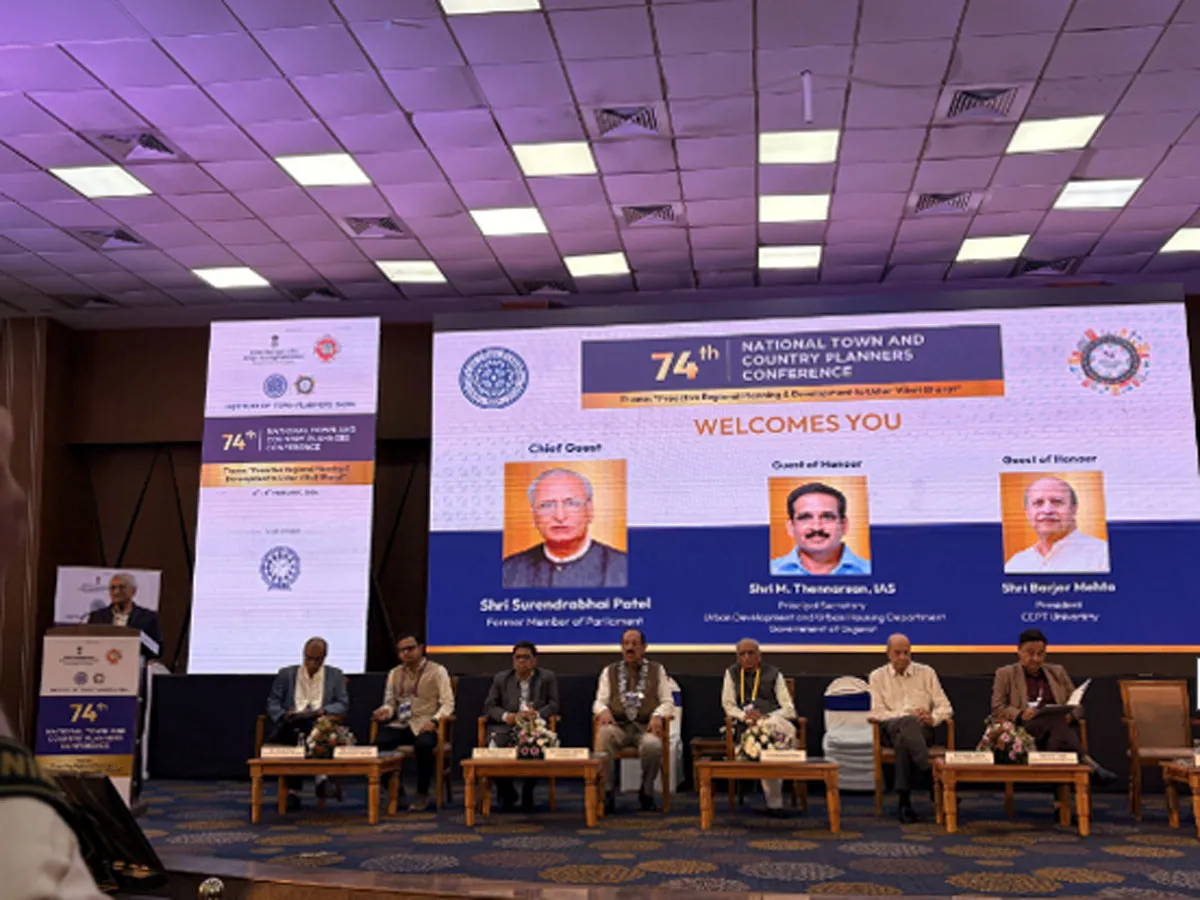

Mumbai Posts Best January Stamp Duty Collections in 14 Years
Mumbai recorded its highest January stamp duty collections in 14 years, generating over Rs 10.12 billion from property registrations in January 2026, according to Knight Frank India. A total of 11,219 property registrations were recorded within the BMC jurisdiction during the month.While registrations declined 8 per cent year-on-year, January 2026 still marked the second-highest January in terms of volumes over the past 14 years. Stamp duty collections rose 2 per cent year-on-year, reflecting a higher share of large-ticket transactions and sustained end-user demand.Residential properties domin..

Max Estates Launches Estate 361; Reports Strong Q3 FY26 Momentum
Max Estates has announced its unaudited Q3 and nine-month FY26 results, highlighting the launch of Estate 361 in Gurugram and strong momentum across residential pre-sales and commercial leasing.During the quarter, the company launched Phase 1 of Estate 361 in Sector 36A, Gurugram, with a Gross Development Value (GDV) of around Rs 25 billion. Envisioned as a forest-anchored residential community spread across 18.23 acres, the project features over 250,000 sq ft of forest greens with more than 1,000 indigenous trees and 50-plus climate-resilient species. The development also includes senior livi..

Town Planners Call for Regional, Transit-Oriented Planning Shift
The 74th National Town and Country Planners Conference concluded with a strong call for a transition towards regional, transit-oriented and technology-enabled planning to address India’s rapidly evolving urban and economic challenges. Experts emphasised the role of metropolitan and city-region planning in enabling high productivity, inclusive growth and long-term resilience, drawing parallels with global city regions such as London, Singapore and Tokyo.Participants noted that metropolitan regions can drive higher productivity growth when supported by robust institutional frameworks and long-..

















